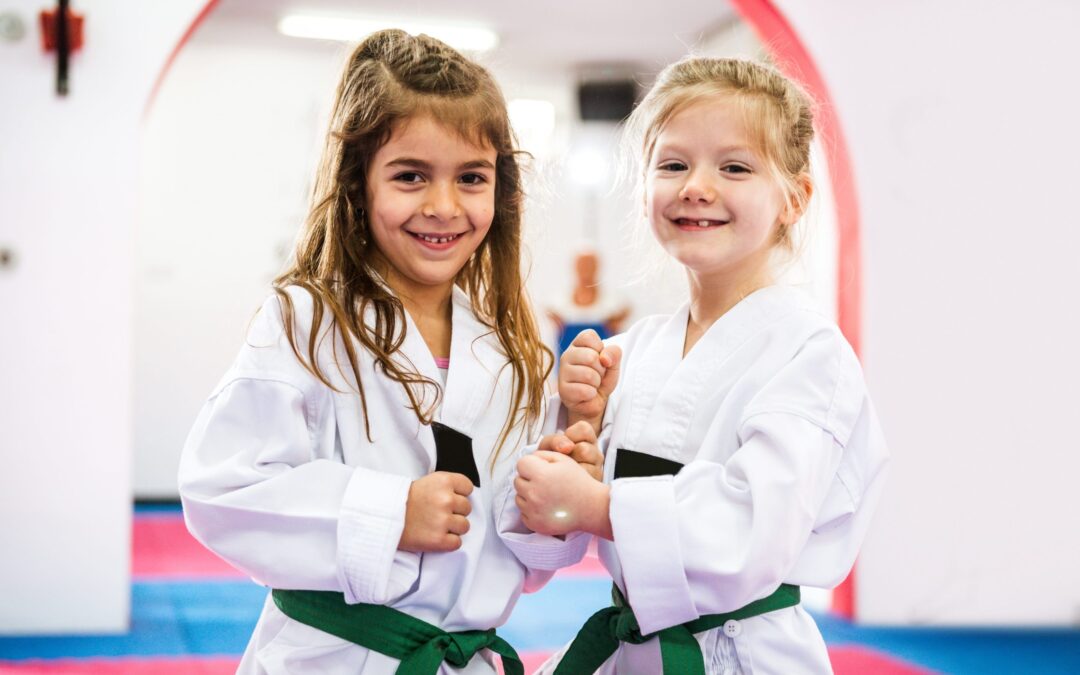In today’s digital age, where screens often dominate social interactions, parents are increasingly seeking activities that promote face-to-face interaction and social engagement for their children. Martial arts classes offer a unique solution to this challenge, providing not only physical fitness and self-defense skills but also fostering important social skills. In this blog post, we’ll explore how martial arts classes help children develop essential social engaging skills.
Building Confidence and Self-Esteem: One of the most significant benefits of martial arts classes for children is the boost in confidence and self-esteem. As children progress in their training and master new techniques, they gain a sense of accomplishment and pride in their abilities. This newfound confidence enables them to interact more confidently with their peers, initiating conversations and participating in group activities with greater ease.
Fostering Communication Skills: Effective communication is a cornerstone of successful social interactions, and martial arts classes provide an ideal environment for children to practice and develop these skills. Whether it’s communicating with instructors, following directions during drills, or collaborating with training partners, children learn to express themselves clearly and assertively. As they engage in partner exercises and sparring sessions, they also learn the importance of active listening and nonverbal communication cues.
Promoting Teamwork and Collaboration: Martial arts classes often involve partner drills and group activities, fostering teamwork and collaboration among children. Working together towards a common goal, such as mastering a new technique or choreographing a synchronized form, teaches children the value of cooperation and mutual support. Through shared challenges and accomplishments, they develop a sense of camaraderie and learn to celebrate each other’s successes.
Cultivating Respect and Sportsmanship: Respect is a core value in martial arts, and children are taught to respect not only their instructors but also their training partners and the art itself. In the martial arts school, children learn to greet each other respectfully, bow before and after sparring, and adhere to the rules of etiquette. These rituals instill a sense of mutual respect and sportsmanship, teaching children to treat others with kindness, empathy, and consideration both on and off the mat.
Creating a Supportive Community: Martial arts classes provide children with a supportive and inclusive community where they can form meaningful connections with their peers. The shared pursuit of martial arts excellence creates a bond among students, fostering a sense of belonging and acceptance. In this positive and nurturing environment, children feel encouraged to express themselves authentically, share their challenges and triumphs, and lean on each other for support.
In conclusion, martial arts classes offer far more than just physical fitness and self-defense skills—they also provide invaluable opportunities for children to develop essential social engaging skills. From building confidence and communication skills to promoting teamwork and collaboration, martial arts classes create a supportive community where children can thrive socially. By enrolling your child in martial arts classes, you’re not only investing in their physical health but also nurturing their social and emotional well-being, setting them up for success both on and off the mat.

